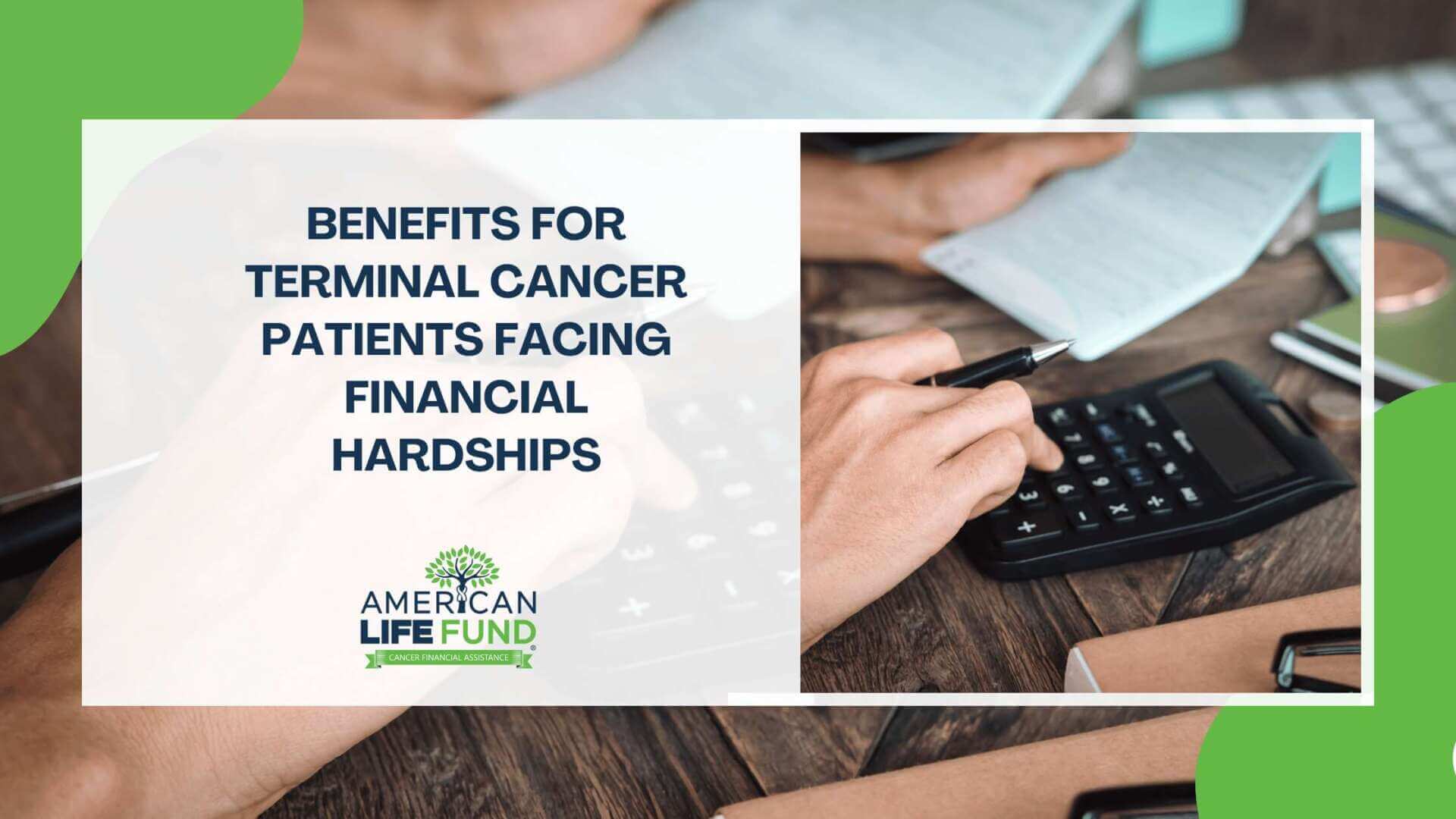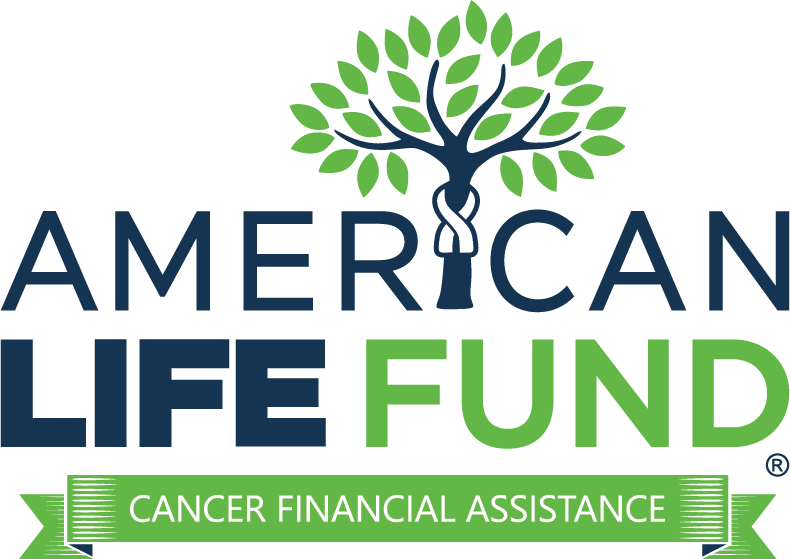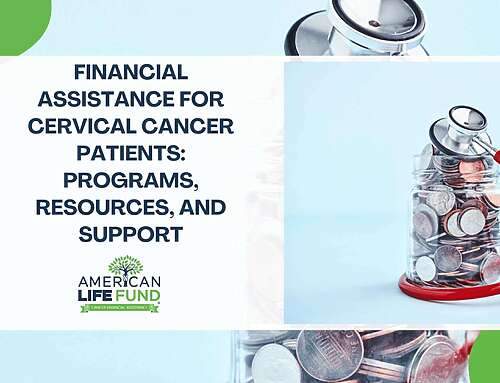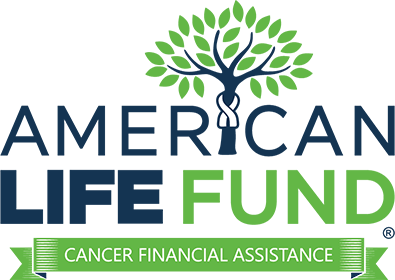
We don’t need to tell you about the challenges of a terminal cancer diagnosis. However, what often gets overlooked is the importance of taking advantage of the small, yet significant, benefits that can ease the financial strain. While the emotional and physical toll is undeniable, there are programs and resources available that can help reduce costs and provide much needed support. These benefits might not solve everything, but they can make a real difference in day-to-day life.
Many families are unaware of the full scope of financial assistance, from expedited approvals for Social Security Disability Insurance (SSDI) to lesser-known grants that cover important expenses like rent or transportation.
By exploring these options, terminal cancer patients and their families can better manage the financial impact of advanced cancer care. This blog will highlight real examples and figures that may help relieve some of the financial burden, providing practical insights to make these benefits work for you.
Viatical Settlements: A Smart Financial Solution for Those with Life-Threatening Illnesses
Viatical settlements are a financial option for individuals facing terminal illnesses, such as late-stage cancer, ALS, or other life-threatening conditions. By selling your life insurance policy to a third-party investor, you receive a lump-sum cash payment that can be used for medical bills, living expenses, or other personal needs. This option is particularly beneficial because it provides immediate access to substantial funds from one source, eliminating the need to pursue multiple financial assistance programs.
Why Choose a Viatical Settlement?
A viatical settlement offers several advantages, especially for those in urgent financial need:
- Immediate Cash Relief: Viatical settlements provide a large, one-time payment, typically ranging from 50% to 75% of the policy’s face value, depending on factors such as the policyholder’s medical condition and the value of the policy.
- No Premium Payments: Once the settlement is finalized, the policyholder is no longer responsible for paying future premiums, as the buyer assumes ownership of the policy.
- Tax-Free Proceeds: Under U.S. tax law (HIPAA), the money received from a viatical settlement is generally tax-free, offering additional financial relief.
- Flexibility in Use: The funds can be used in any way the policyholder chooses, whether it’s for medical expenses, paying off debts, or improving quality of life.
Eligibility Requirements
To qualify for a viatical settlement, individuals must meet specific criteria:
- Serious Illness: The policyholder must have a life-threatening illness, typically with a life expectancy of two years or less.
- Policy Value: The life insurance policy should have a minimum face value of around $150,000.
- Policy Type: Most types of life insurance, including term, whole, and universal life, are eligible.
Pros of Viatical Settlements
- Lump-Sum Payment: Provides substantial immediate cash for essential expenses.
- No Tax Burden: In most cases, the proceeds are exempt from federal income tax.
- End of Premium Obligations: Once the settlement is made, policyholders no longer have to worry about keeping up with insurance premium payments.
- Simple Application Process: Reputable companies like American Life Fund offer a straightforward process where applicants submit their medical and policy details and receive an offer, often within a matter of weeks.
For individuals facing the financial burden of a terminal illness, viatical settlements provide a fast, reliable, and flexible financial lifeline, offering relief from both the costs of treatment and everyday living expenses.
Contact us today to see if your policy qualifies and get cash now.
Financial Benefits for Middle-Aged Patients
For middle-aged patients with terminal cancer, balancing the costs of treatment and everyday life can be daunting, especially if they have to stop working. But there are key financial benefits designed specifically for those facing advanced cancers, and these programs can significantly ease the burden.
Fast-Tracking SSDI
Patients with aggressive or advanced cancers can take advantage of Compassionate Allowances, which automatically fast-tracks their Social Security Disability Insurance (SSDI) application. Instead of the typical months-long process, this program can get you approved in as little as 2 weeks, allowing you to access critical income support quickly.
- Statistical Insight: In 2023, the average wait time for standard SSDI approval was 5 months, but with Compassionate Allowances, more than 80% of cancer patients received approval within 30 days.
Employer Benefits and COBRA Subsidies
If you need to stop working, maintaining health insurance can feel like an additional burden. What many don’t realize is that you can continue your employer-provided health insurance under COBRA. Under the 2023 guidelines, terminal cancer patients can also access COBRA subsidies that reduce health insurance premiums by up to 65% for as long as 18 months.
- Surprise Benefit: This can save thousands of dollars in insurance premiums each year, providing a critical safety net while patients transition to Medicare or other health coverage options.
Essential Benefits for Seniors with Terminal Illness
For seniors facing a terminal cancer diagnosis, financial assistance can take on a new urgency. However, there are specific benefits that can help ease the financial burden and ensure both medical and personal needs are taken care of. From maximizing Social Security payments to taking full advantage of Medicare, there are options to consider.
Maximizing Social Security Benefits
Many seniors may already be drawing Social Security retirement benefits, but here’s something they may not know: switching to Social Security Disability Benefits (SSDI) can sometimes result in higher monthly payments, especially for those diagnosed with terminal cancer. SSDI is based on your work history, and for some, this can offer a higher payout than early retirement benefits.
- Example: A 64-year-old receiving $1,500 per month in early retirement benefits could see their payments increase to $1,800 per month if they qualify for SSDI, depending on their earnings record.
Medicare Hospice Benefits
Medicare provides full coverage for hospice care, which includes not only medical services but also equipment, medications, and emotional support for both patients and their families. Hospice care focuses on comfort and quality of life, and it can save patients and their families a substantial amount in end-of-life care costs.
- Statistical Insight: A 2020 study showed that Medicare’s hospice care saved patients between $9,000 and $12,000 on average, especially for those with high-cost cancers, by covering essential services that might otherwise come out of pocket.
These benefits can make a significant difference for seniors, providing both increased financial support and comprehensive care, ensuring their final months are as comfortable and financially manageable as possible.
Final Remarks
A terminal cancer diagnosis is undeniably difficult, but it’s important to remember that not everything is hopeless. While the emotional toll is profound, there are concrete ways to alleviate the financial stress. By understanding and utilizing the many benefits available—from fast-tracked SSDI approvals to hospice care and non-profit grants—patients and their families can find some relief in the face of overwhelming challenges. These programs may not change the diagnosis, but they can provide much-needed support, helping you focus more on time with loved ones and less on financial strain.
Whether it’s securing student loan forgiveness, navigating Medicare coverage, or reducing tax burdens through medical deductions, there are resources available to help. Take action now: contact your local social security office, consult a hospice medical director, or reach out to financial support services to ensure you’re accessing every benefit you’re entitled to. These are lifelines that can make a real difference—don’t let them go untapped.
How can I receive disability benefits quickly with a terminal cancer diagnosis?
If you have advanced or aggressive cancer, you may qualify for Compassionate Allowances, which fast-tracks your Social Security Disability Benefits (SSDI) approval. This process can reduce wait times from several months to as little as two weeks. Contact your local Social Security office for assistance.
What role do health care professionals play in accessing hospice services?
Your health care professionals, including your oncologist or hospice medical director, can refer you to hospice services when treatment shifts from curative to comfort care. Hospice includes medical support, pain management, and emotional care for patients and families, fully covered under Medicare for terminal patients.
How do I apply for Social Security benefits if I have a limited income?
The Social Security Administration offers Supplemental Security Income (SSI) for individuals with limited income. SSI provides monthly financial support to help with living expenses. To apply, visit your local Social Security office or begin the application online.
What financial help can I receive if I can’t work due to terminal cancer?
If you’re unable to work, you may qualify for SSDI, which provides monthly income based on your work history. If your diagnosis is terminal, your claim may be expedited under the Compassionate Allowances program. Social services may also offer additional support for day-to-day expenses.
What social services are available to help families of terminal cancer patients?
Families of terminal cancer patients can access social services for financial assistance, counseling, and support programs. These services often work with patients and families to navigate benefits, including hospice services, SSDI, and local resources for additional financial help.




